H.R. 1510: Due Process Continuity of Care Act
This bill, known as the Due Process Continuity of Care Act, proposes changes to Medicaid coverage under the Social Security Act. Its primary aim is to allow individuals who are incarcerated while awaiting a court decision on their charges to continue receiving Medicaid benefits. Here are the key components:
1. Changes to Medicaid Coverage
The bill amends the Social Security Act to explicitly allow states the option to provide Medicaid coverage to individuals in custody pending the resolution of their legal charges. Previously, Medicaid coverage was excluded for individuals who were incarcerated. This amendment adds flexibility to states in deciding whether to offer such coverage.
2. Conforming Amendments
The legislation requires adjustments to existing laws to align with the new provisions concerning Medicaid coverage for inmates. This includes technical changes to ensure consistency within the law and its application.
3. Implementation Timeline
The new Medicaid coverage provisions will begin on the first day of the first calendar quarter following 60 days after the enactment of the bill, meaning there will be an effective date set for when these changes can take place.
4. Planning Grants for States
The bill allocates funds for planning grants to assist states in implementing the new Medicaid coverage provisions. The Secretary of Health and Human Services will award these grants with the intent to:
- Support the preparation of applications for medical assistance for those newly eligible due to the bill.
- Assess state policies to identify and eliminate barriers to increasing healthcare provider availability for this population.
- Develop strategies to ensure a sustainable number of Medicaid providers who can effectively treat individuals in custody.
5. Application Process for States
States wishing to receive planning grants must submit comprehensive applications detailing their proposed processes for increasing provider capacity and ensuring adequate healthcare for incarcerated individuals. This includes:
- Proposed methods to assess the health treatment needs of individuals in custody.
- Plans to recruit and train healthcare providers who can serve this population.
- Strategies for implementing measures to maintain quality care for those individuals.
- Evidence of consultation with key stakeholders in the healthcare and criminal justice systems.
6. Geographic Diversity in Grant Selection
When selecting states for these planning grants, the Secretary must ensure a diverse geographic distribution, which aims to address different regional needs across the country.
7. Funding
The bill authorizes $50 million in appropriations to fund the planning grants and related activities for states.
8. Definitions
The bill includes definitions of key terms, including "Medicaid program," the "Secretary" of Health and Human Services, and "State," providing clarity on how these terms apply in the context of the legislation.
Relevant Companies
None found
This is an AI-generated summary of the bill text. There may be mistakes.
Sponsors
24 bill sponsors
-
TrackSylvester Turner

Sponsor
-
TrackDon Bacon
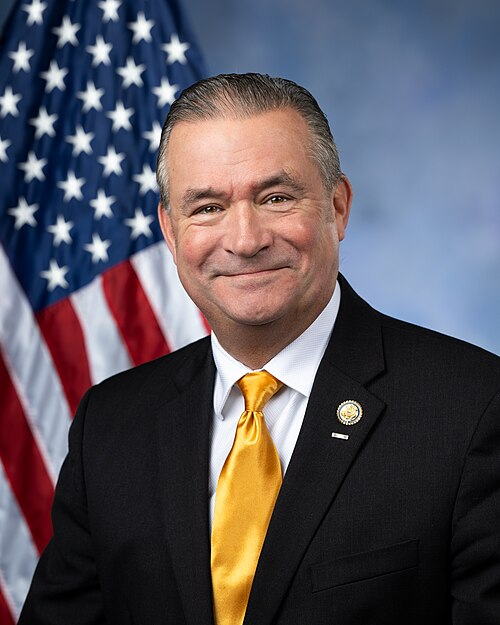
Co-Sponsor
-
TrackSuzanne Bonamici
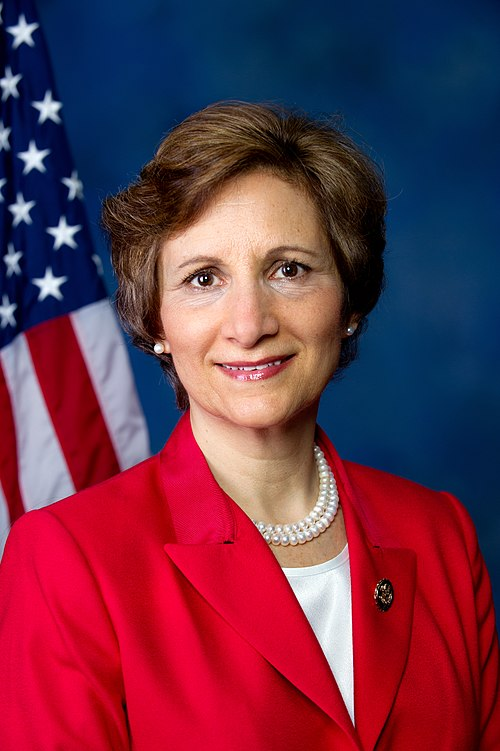
Co-Sponsor
-
TrackJulia Brownley
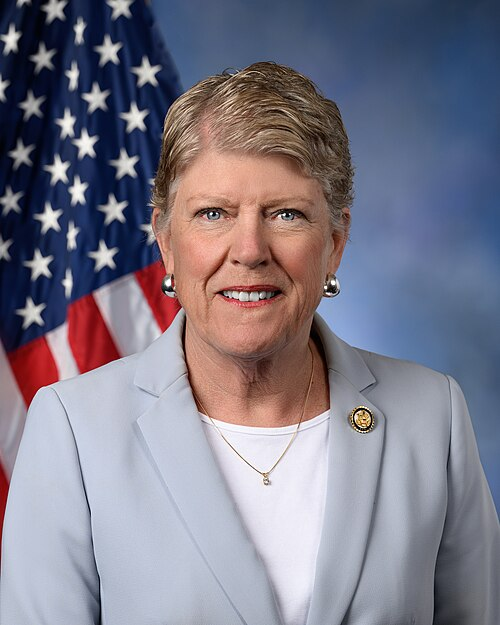
Co-Sponsor
-
TrackJim Costa
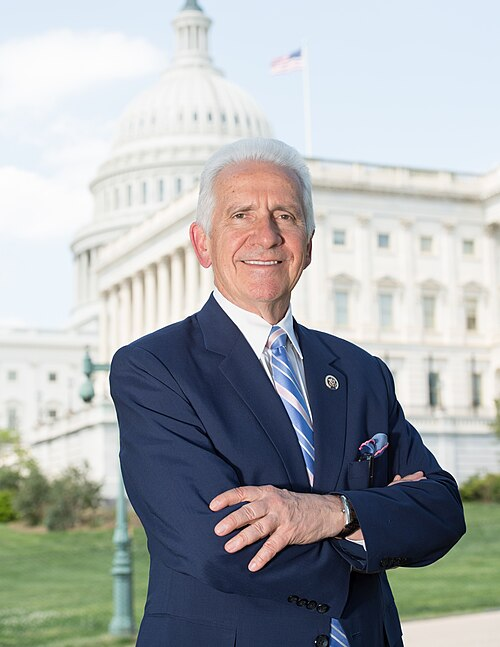
Co-Sponsor
-
TrackJasmine Crockett

Co-Sponsor
-
TrackLloyd Doggett

Co-Sponsor
-
TrackBrad Finstad
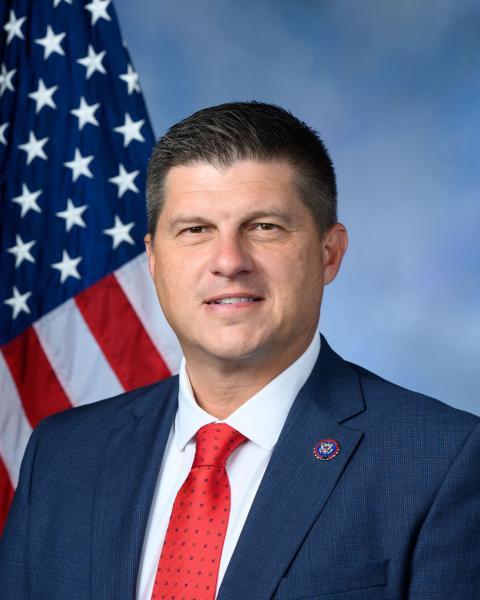
Co-Sponsor
-
TrackBrian K. Fitzpatrick
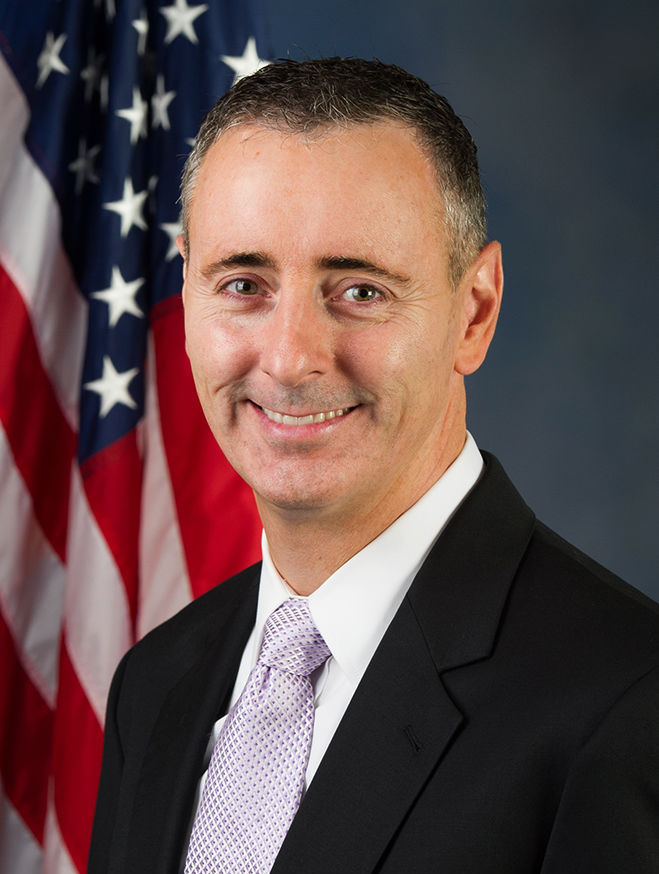
Co-Sponsor
-
TrackDaniel S. Goldman
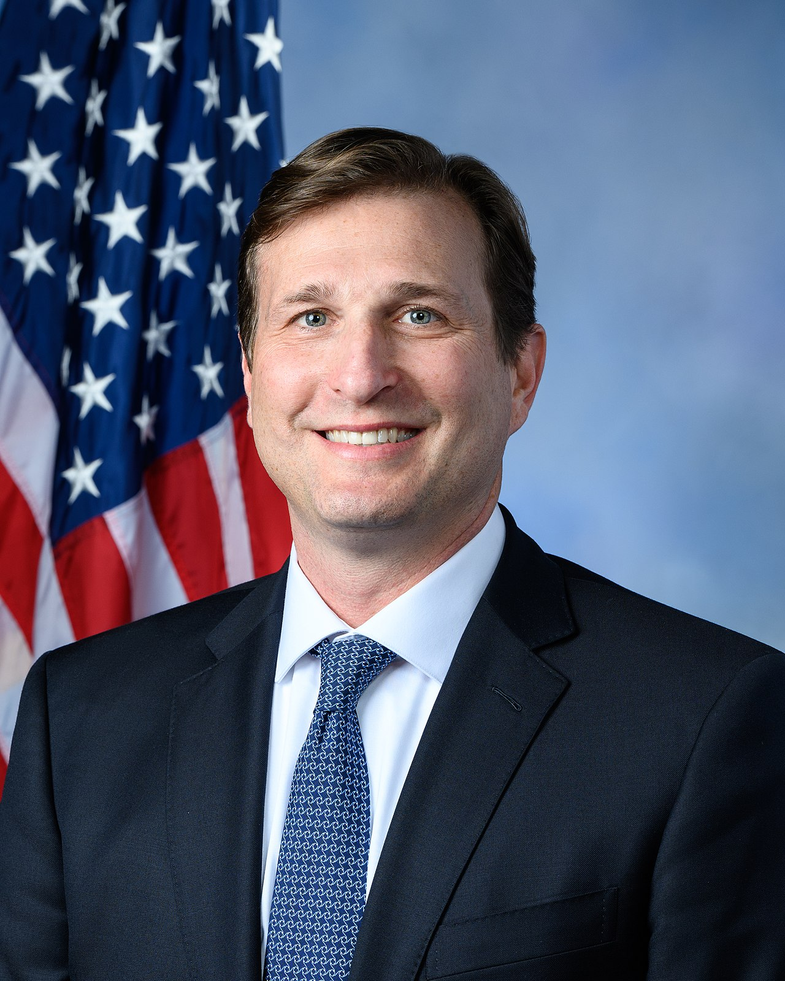
Co-Sponsor
-
TrackSteven Horsford
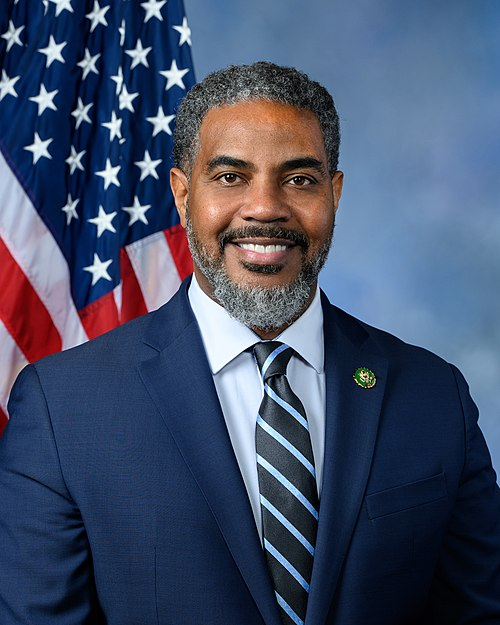
Co-Sponsor
-
TrackSara Jacobs
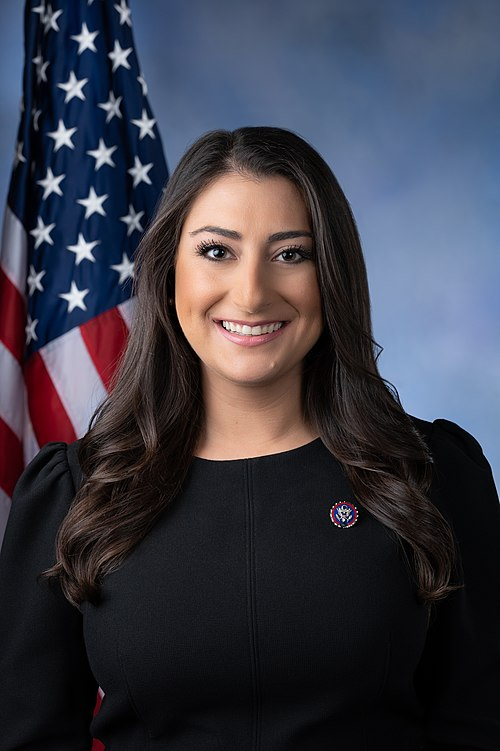
Co-Sponsor
-
TrackMichael Lawler
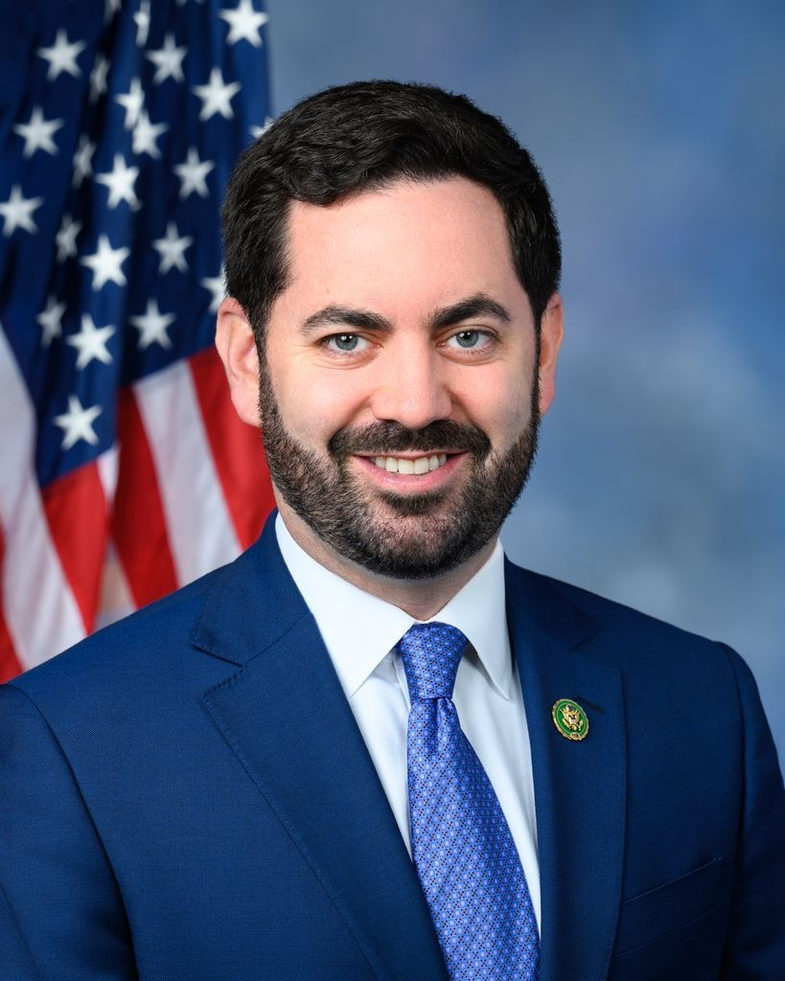
Co-Sponsor
-
TrackBetty McCollum
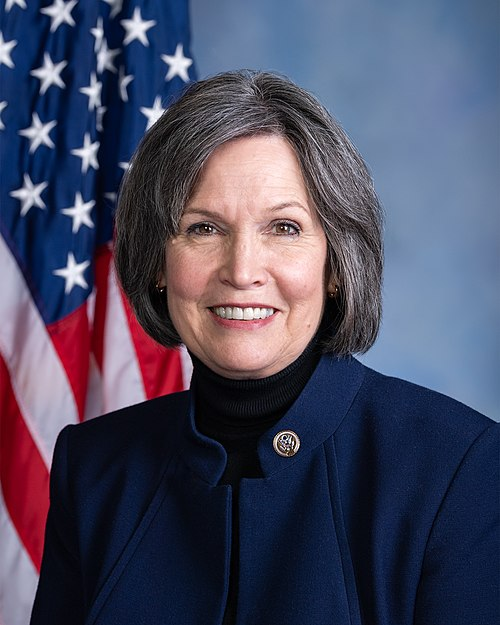
Co-Sponsor
-
TrackEleanor Holmes Norton

Co-Sponsor
-
TrackJay Obernolte
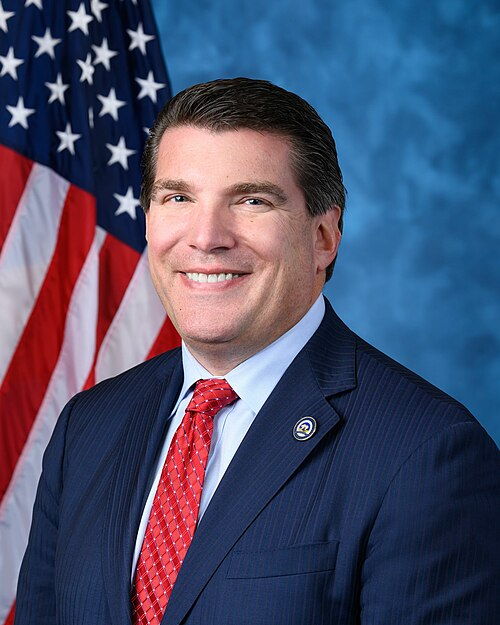
Co-Sponsor
-
TrackJohn H. Rutherford
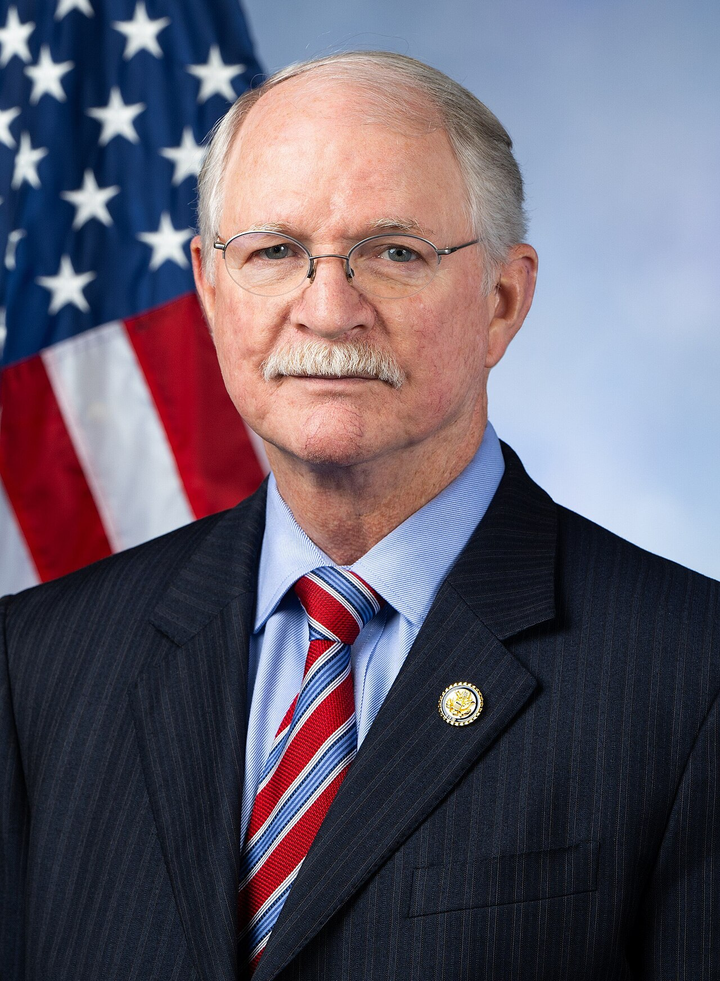
Co-Sponsor
-
TrackMary Gay Scanlon
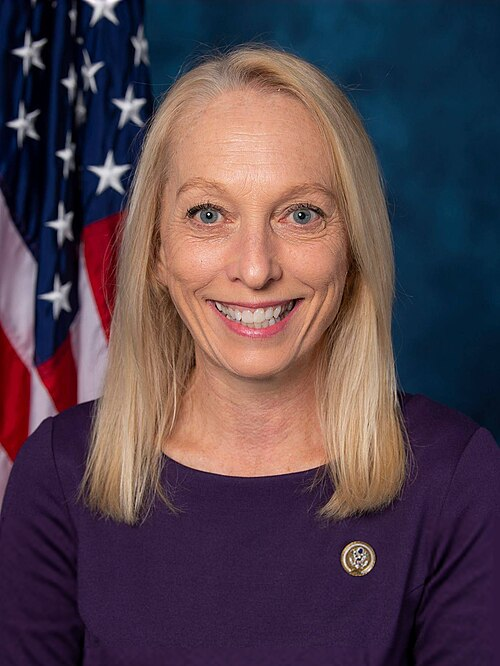
Co-Sponsor
-
TrackAdam Smith
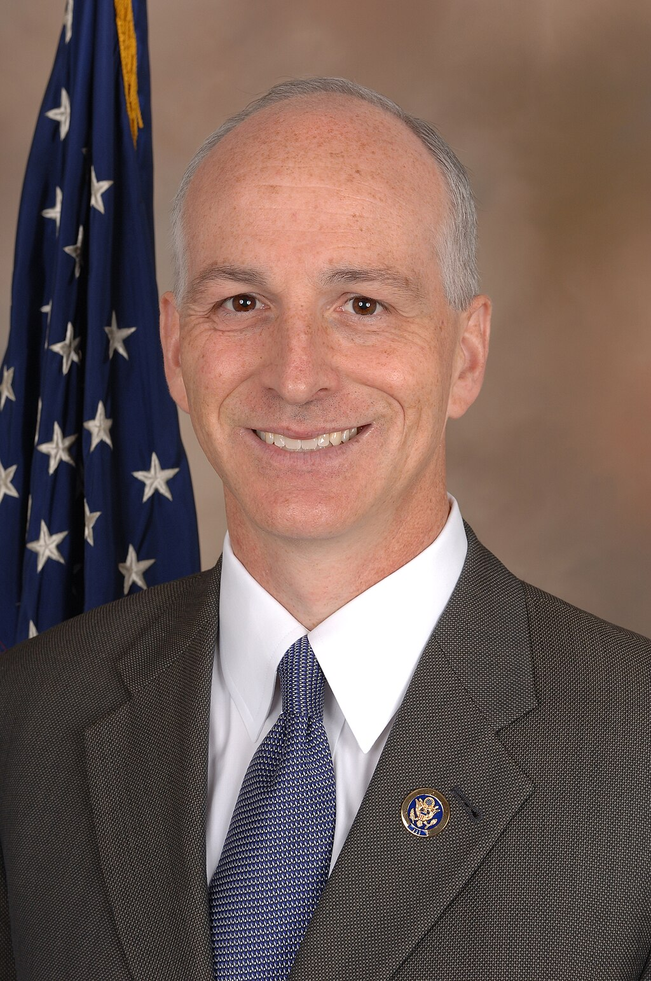
Co-Sponsor
-
TrackMelanie A. Stansbury
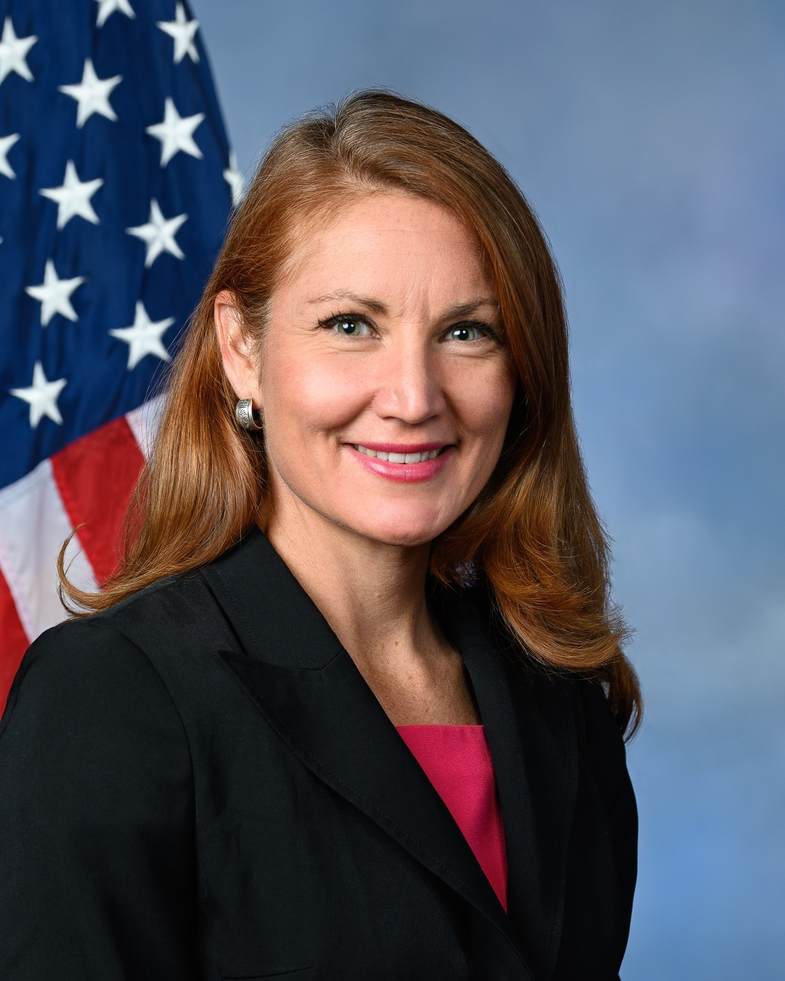
Co-Sponsor
-
TrackRashida Tlaib
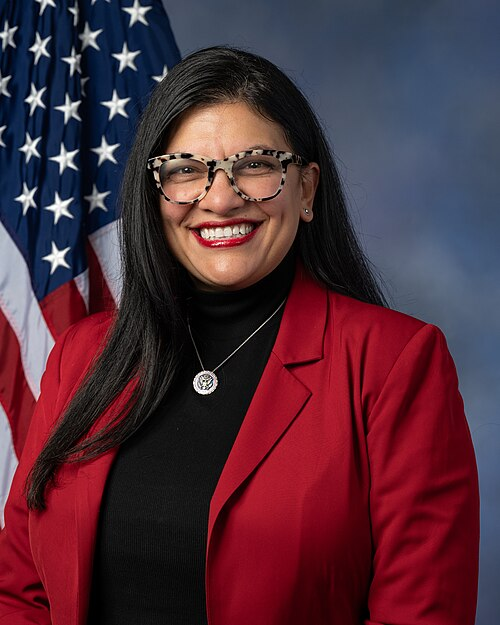
Co-Sponsor
-
TrackPaul Tonko
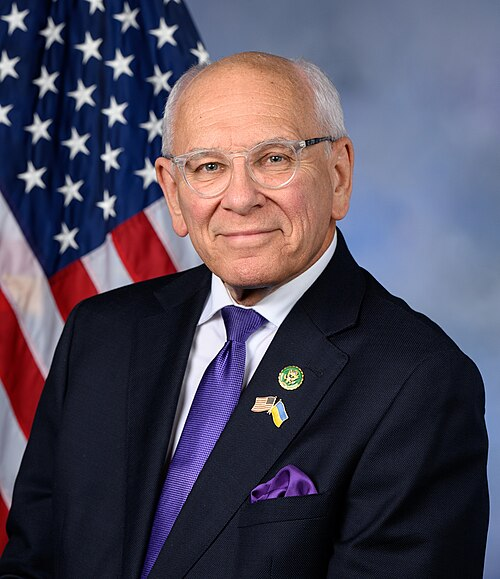
Co-Sponsor
-
TrackMichael R. Turner
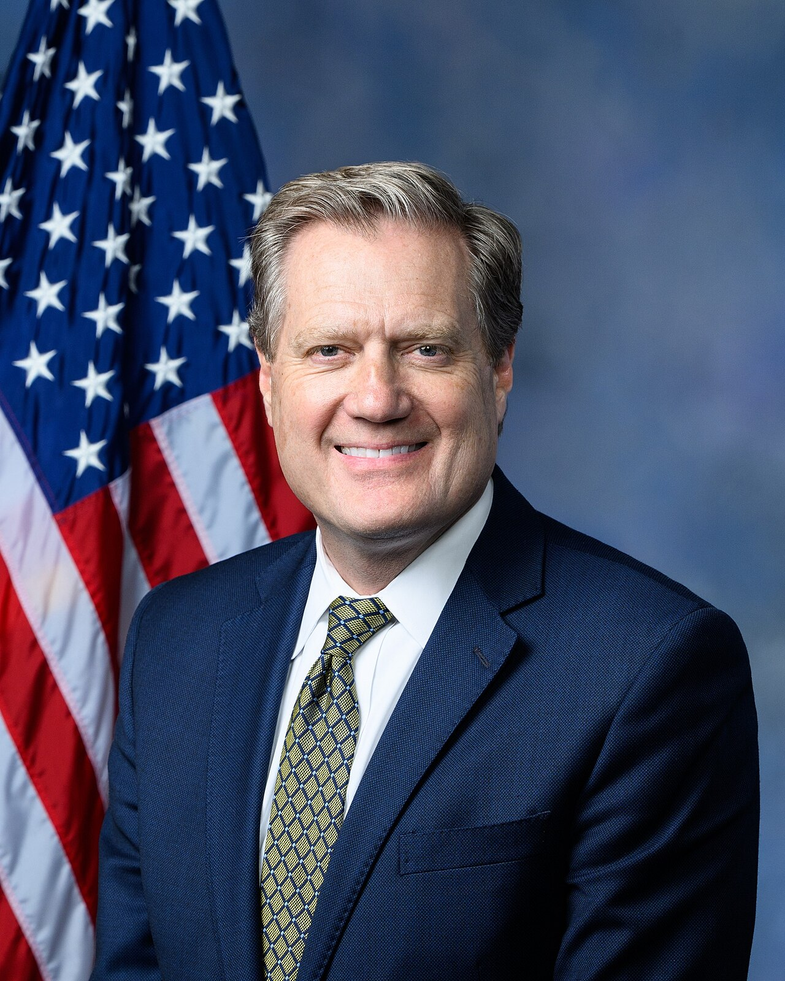
Co-Sponsor
-
TrackJefferson Van Drew

Co-Sponsor
Actions
3 actions
| Date | Action |
|---|---|
| Sep. 08, 2025 | ASSUMING FIRST SPONSORSHIP - Ms. Dexter asked unanimous consent that she may hereafter be considered as the first sponsor of H.R. 1510, a bill originally introduced by Representative Turner (TX), for the purpose of adding cosponsors and requesting reprintings pursuant to clause 7 of rule XII. Agreed to without objection. |
| Feb. 21, 2025 | Introduced in House |
| Feb. 21, 2025 | Referred to the House Committee on Energy and Commerce. |
Corporate Lobbying
1 company lobbying
Potentially Relevant Congressional Stock Trades
No relevant congressional stock trades found.
